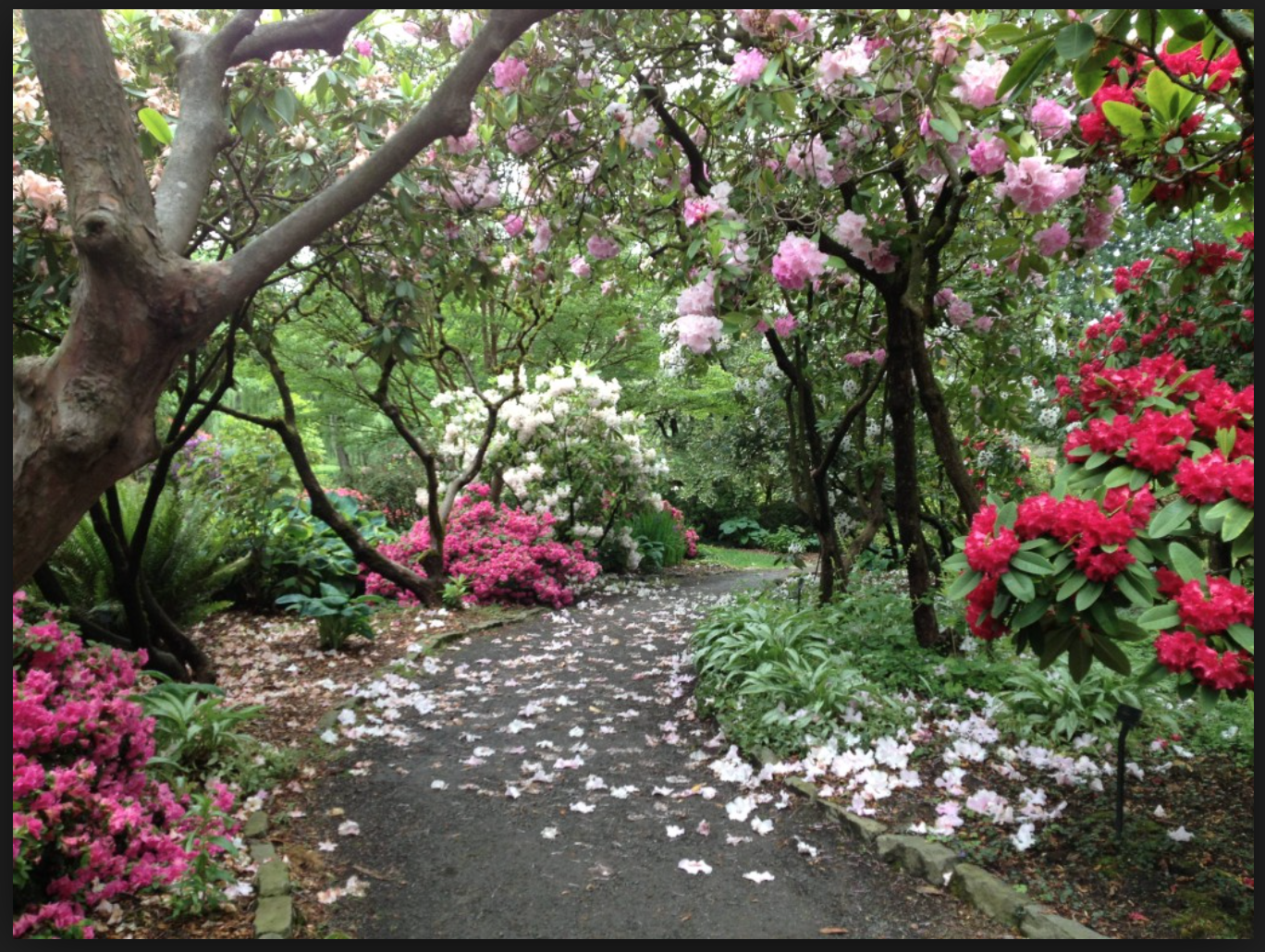Botanic Gardens: Towards a new social purpose

Botanic gardens have key 21st Century social and environmental role, claims major new report
Botanic gardens have vast untapped potential as agents of social and environmental action, claims a groundbreaking new study commissioned by Botanic Gardens Conservation International (BGCI). This is especially true in addressing pressing concerns like global climate change. But, the report argues, while organisations elsewhere across the cultural sector are re-evaluating their social and environmental roles, many gardens lack the capacity or motivation to do so, or even understand what their social roles really are.
Welcoming the report, BGCI Director of Education, Julia Willison, says “this is a wake-up call to all of us in the botanic garden community that there’s so much more we can do to meet our social and environmental responsibilities.”
Funded by the Calouste Gulbenkian Foundation and carried out by Leicester University’s Research Centre for Museums and Galleries (RCMG), the research focused on the social role of botanic gardens in the UK.
The BGCI/Leicester study revealed a shared understanding that the gardens needed to develop in a number of key areas. Broadening their appeal beyond their traditional white, middle class constituencies and addressing the needs of their local communities more effectively were seen as priorities, as were education, modelling sustainable behaviour and changing attitudes and behaviours to the natural world. Gardens recognised the socio-economic importance of their research activities, in developing medicines and hardier crops for example, or setting up seed banks and pioneering conservation strategies. And on climate change, they shared the scientific consensus on the climate change threat.
But these aspirations, the report argues, were seldom matched by effective action because, historically, the gardens have not been required to consider their public roles, analyse their organisational structures accordingly or demonstrate their social worth to their governing bodies. And as a result, says the report, ‘small workforces and a lack of staff with specialist experience in social and community-based work lead to a lack of broader vision and an inward focus upon collections which is not conducive to community engagement.’
Encouraging examples of good practice were found, however, and one of these was Oxford University Botanic Garden, which closely aligned itself with the overall educational objectives of its parent university. And challenging the conventional model was the Eden Project, which was imbued with a strong social mission from its inception.
The report also highlighted the dearth of long-term research into who uses botanic gardens and why. Without understanding the impact they have, concludes the report, “botanic gardens will not see the real value of the work they do or be able to communicate their value to external audiences and funding bodies.”
The report recommends that botanic gardens re-evaluate their social and environmental roles within a modern framework of values, mission and vision and urges them to work together, through partnerships and networking organisations like BGCI to face the environmental and social challenges of the 21st Century.
Building on this research and with the continued support of the Calouste Gulbenkian Foundation, BGCI is now working with RCMG to promote the social role of botanic gardens throughout the UK. They are collaborating with an initial group of three gardens to frame new values, goals and practices designed to unlock their potential for encouraging positive social change and raising environmental awareness, especially about climate change.
